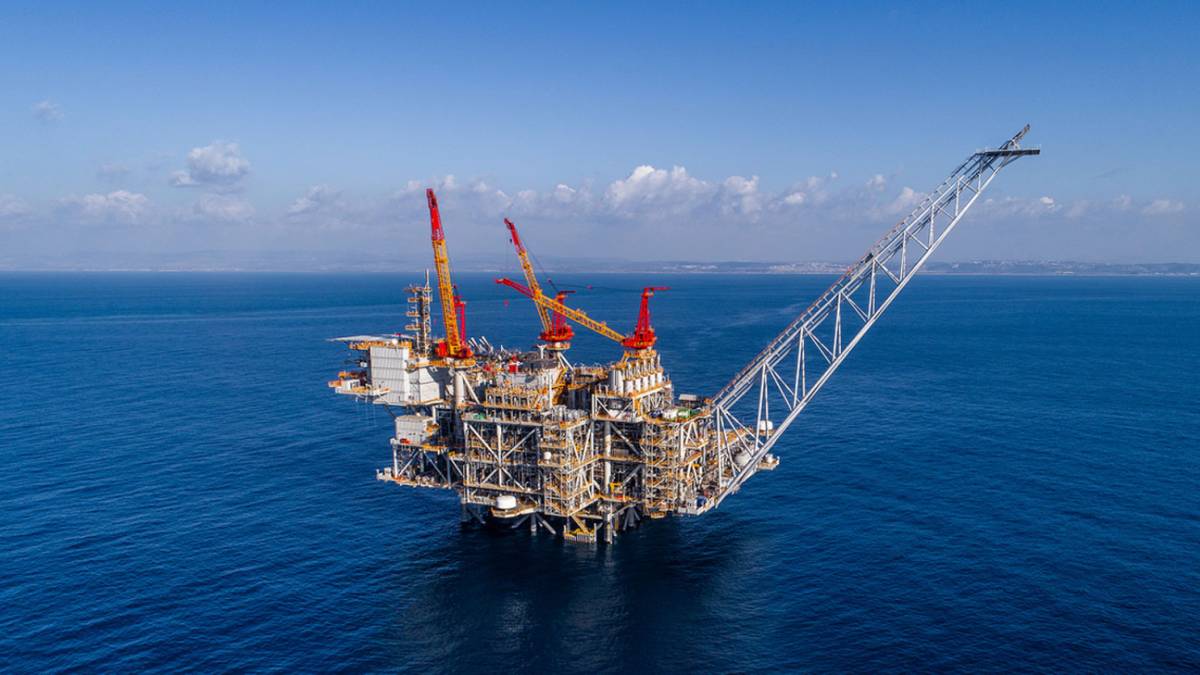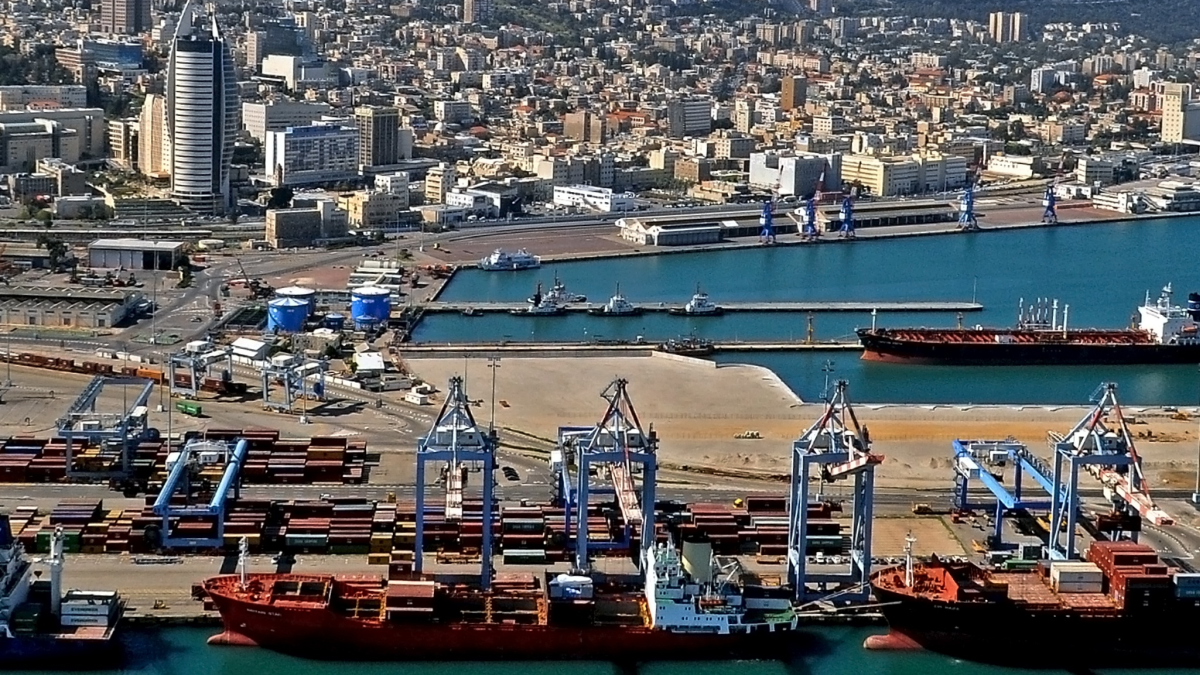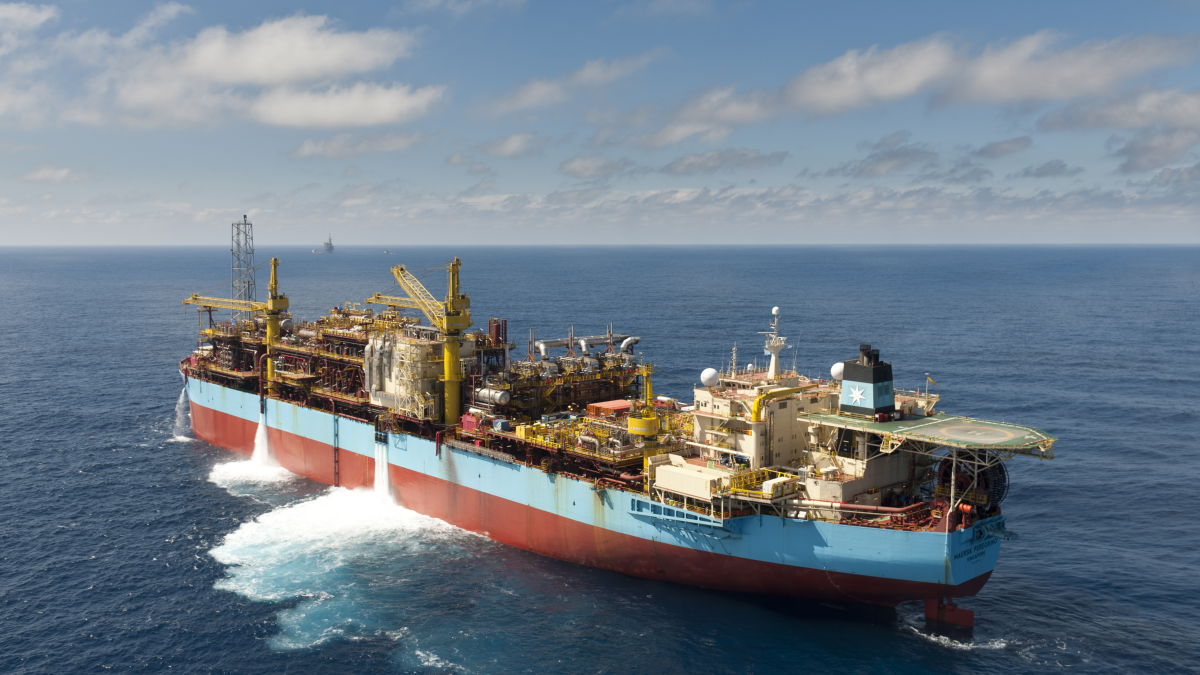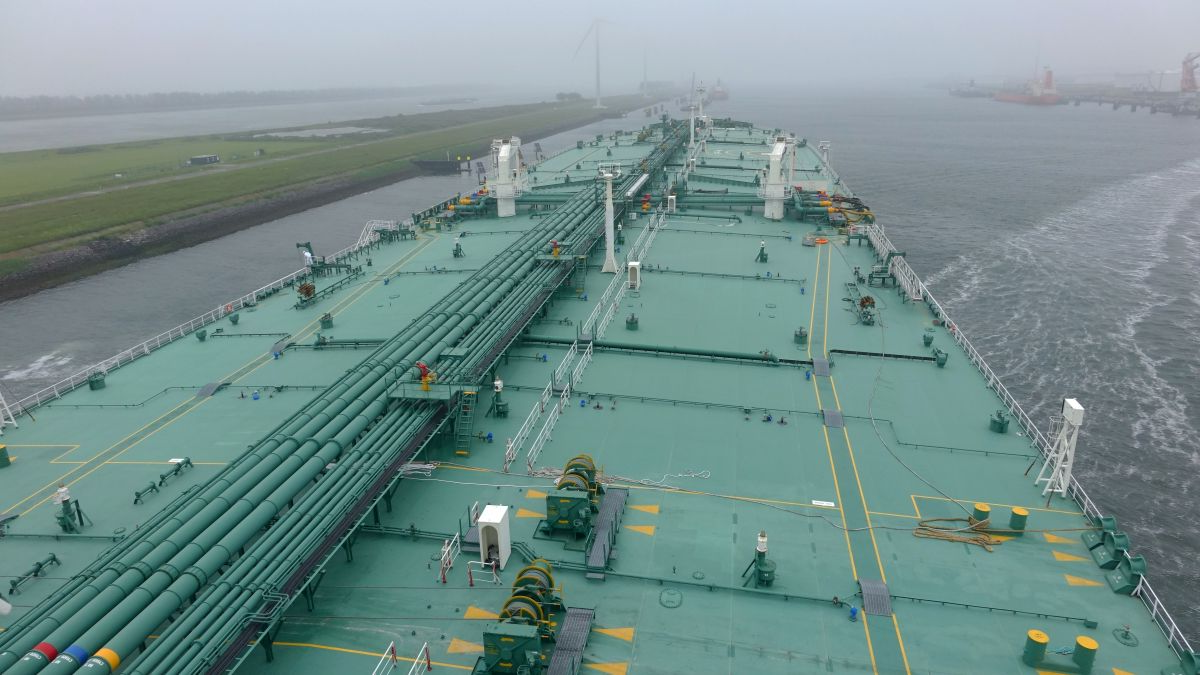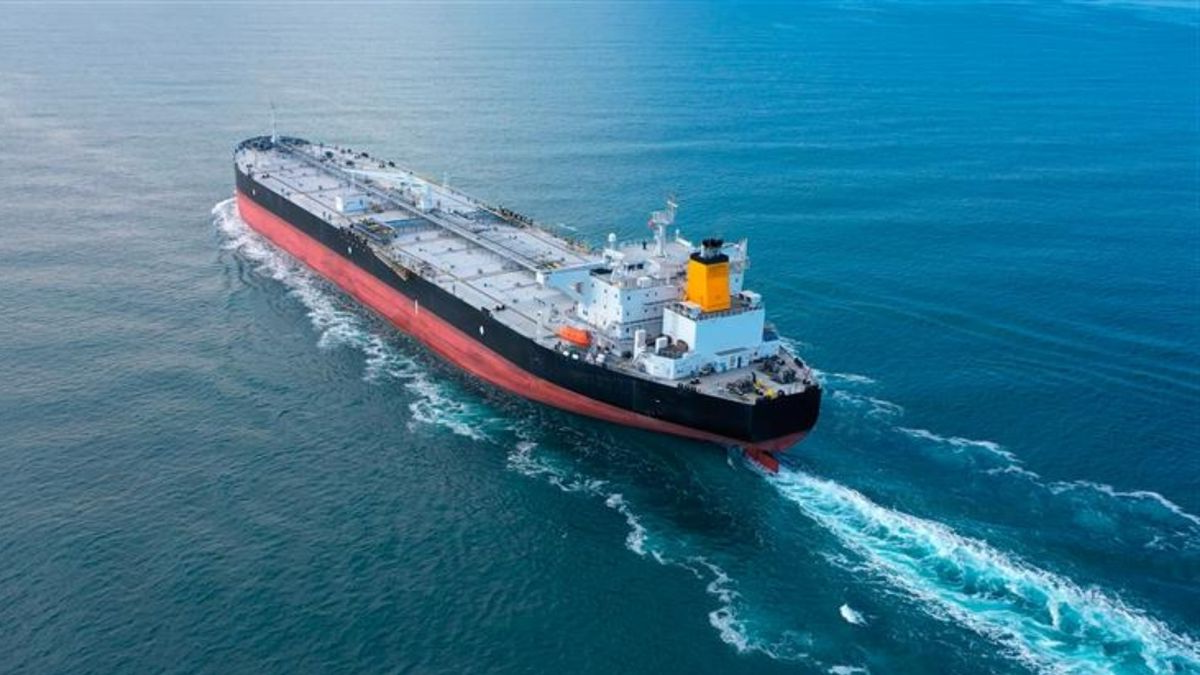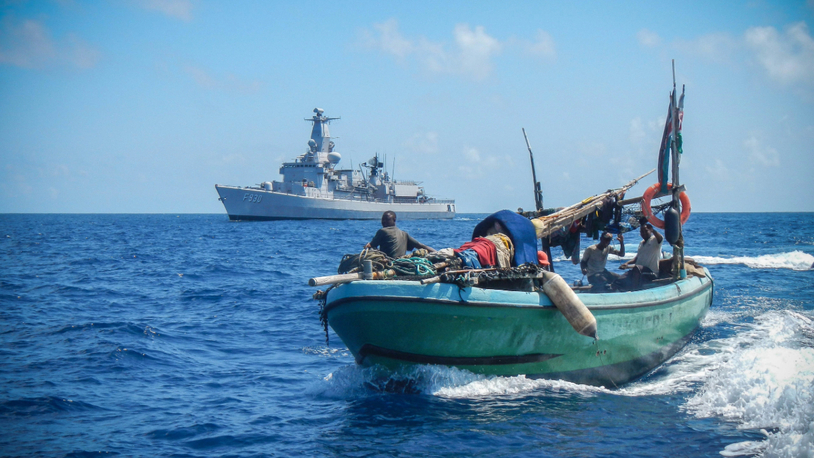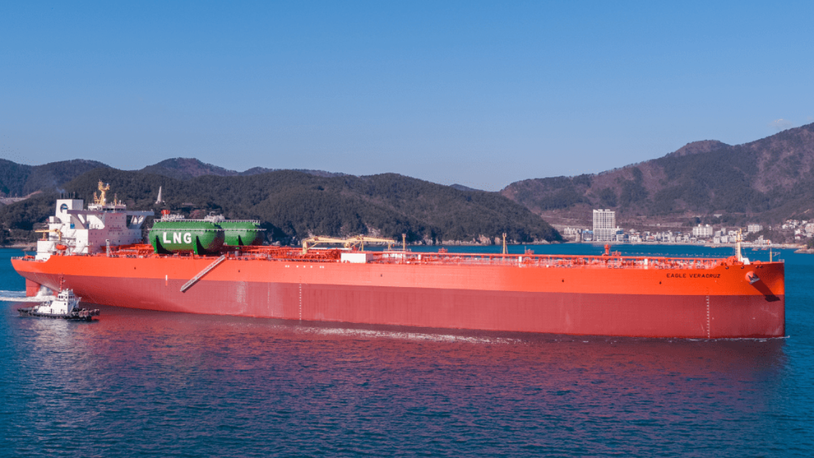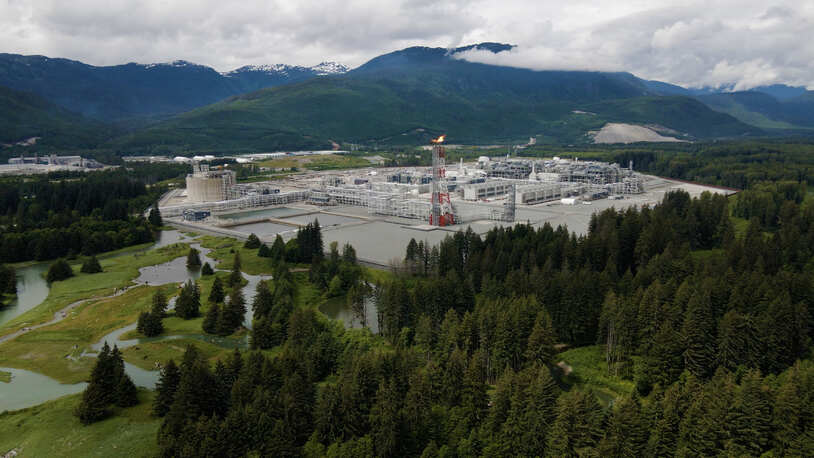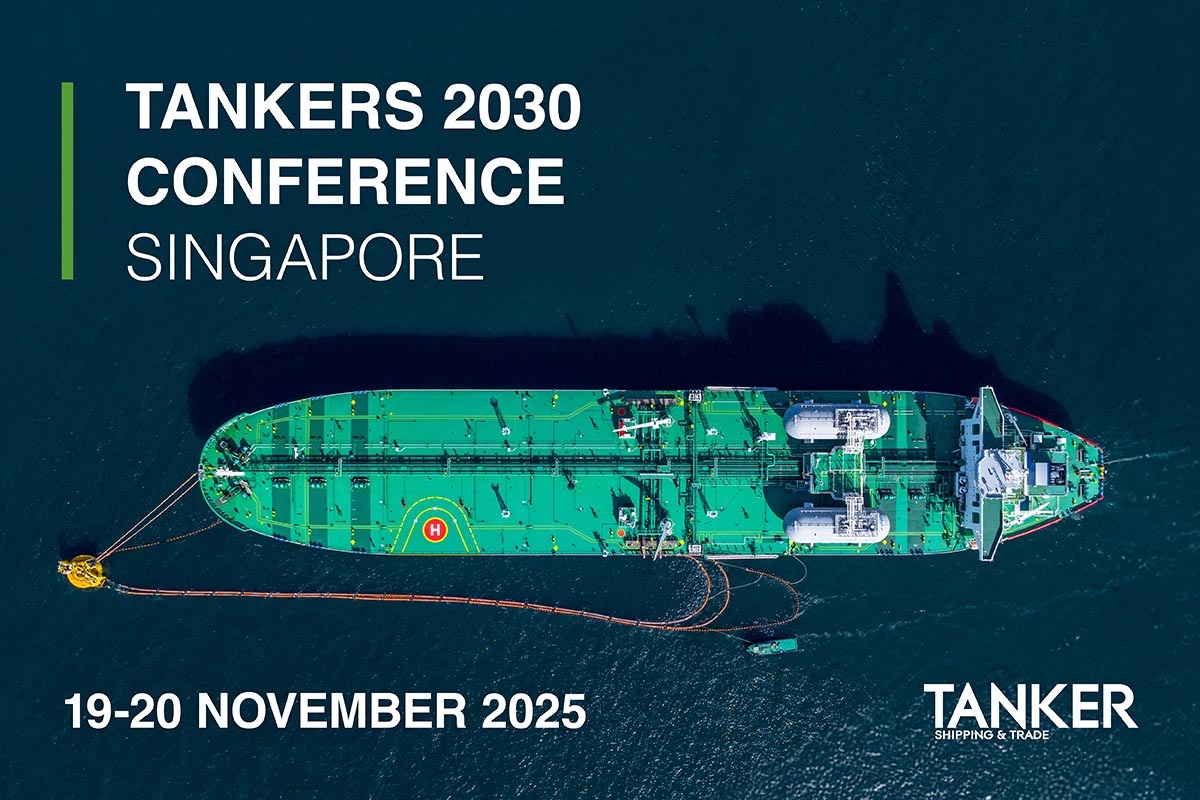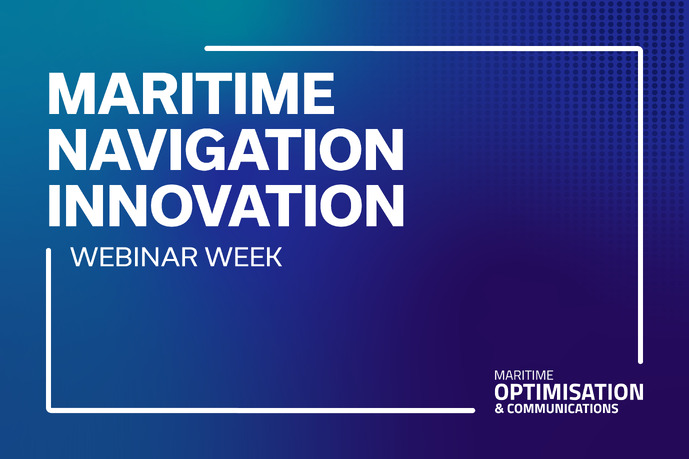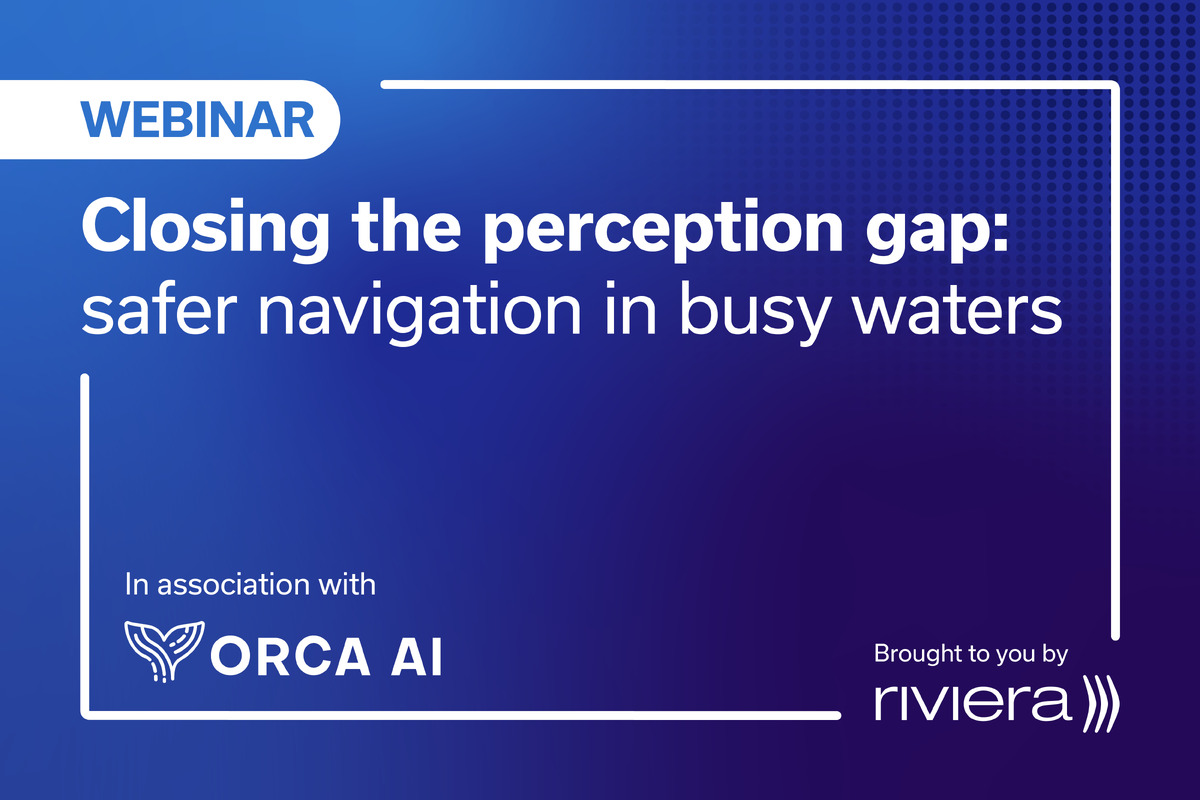Business Sectors
Contents
Register to read more articles.
Hamas-Israel conflict threatens billions of dollars of gas projects
Risk of wider regional conflict threatens some US$4Bn of upstream projects in Israeli waters
As the war between Hamas and Israel disrupts shipping in ports and regional waters, fears are mounting that a protracted conflict could endanger major gas exploration projects off Israel’s Mediterranean coast, as well as risk creating a local energy crisis that could push up LNG prices.
Hamas has already fired rockets at key ports such as Haifa and Ashdod while Ashkelon, Israel’s biggest tanker destination, has been closed almost from the start of the war and deliveries diverted to other ports.
There has already been disruption. With the war just three days old, the Israeli government instructed Chevron to suspend production at the Tamar gas field off its southern coast in what may be the first of other interruptions to the region’s energy supplies. Tamar provides over 70% of Israel’s domestic gas and exports of up to 8% of its output, mainly to Jordan and Egypt, but, lying just 25 km off the coast, the field is well within range of weapons fired from the Gaza Strip.
“Tamar provides over 70% of Israel’s domestic gas”
In a security update issued shortly after war broke out, maritime consultant Dryad Global summarised the situation: “[The conflict] has prompted international companies to issue advisories and alter their operations in the region. The security of transporting goods through the port of Haifa has become uncertain due to the potential threat of missile attacks and opposing militias.”
Pending instructions from the Israeli and other governments, some shipping companies are carrying on pretty much as normal, notably Maersk and MSC, which say that their port operations are still functioning. However,
maritime risk management consultancy, Ambrey, reports that tankers are taking preventive safety measures in Israeli waters.
Meantime, it is a concern for the offshore support industry that Hamas is firing long-range weapons at distant targets. While no vessels have yet been hit, Ambrey warned in a late-October update that: “There is a considerably greater risk of damage in the event of a regional conflict, given the number of missiles and rockets available to Israel’s opponents.”
A longer-running risk is that the war could undermine a series of three- to seven-year exploration contracts that would be important for the offshore shipping industry. Signed late October with Eni, BP and four other companies, these contracts could result in the discovery of new natural gas reservoirs, according to Energy Minister, Israel Katz.
Risk of shutdown
So far, the conflict has not sent LNG prices through the roof, as was at first feared, because of ample global supply and successful European energy-saving measures since the cut-off of Russian gas, but Rystad Energy notes that it still “poses a serious threat to the regional natural gas market and could have knock-on effects on Europe’s LNG supply as winter approaches.” And citing the importance of Israel’s growing supplies to Egypt and Jordan, the consultant adds: “A continued or escalated conflict would have wide-ranging implications.”
“There is a risk of shutting down the Leviathan field”
For example, Jordan gets most of its gas imports from the Leviathan field located near Tamar. “If the conflict gets worse, there is a risk of shutting down the Leviathan field,” notes Rystad Energy’s analysis. “This would be a significant setback for the region, given that Egypt has been importing almost double the contracted volumes of gas from Israel recently.”
Other important offshore projects could be imperiled. For instance, a US$435M budget has been earmarked for Leviathan Phase 1B that is based on a floating liquified natural gas vessel (FLNG) with a capacity of 4M-5M metric tonnes (mmta).
In a gloomy scenario, a stalemate war could threaten some US$4Bn worth of upstream projects in Israeli waters if the oil majors deem it too dangerous to go ahead, or if it results in a whole new set of regional political alliances that force a series of renegotiations. In the firing line could be the latest exploration licenses agreed with Eni, BP and other companies, that are designed to come up with enough gas for Israel to export to Europe as well as boost its own reserves. There are two blocks involved – an area west of the Leviathan field that will be explored by Eni, Dana Petroleum and Ratio Energies, while BP, Socar and NewMed will concentrate on a block to the north of Leviathan.
Both Eni and BP have high hopes for these fields, which would become centres of offshore activity. Meantime, Mr Katz seems unfazed by the longer-term risks of the war, describing the investment by large natural gas exploration companies as a sign of confidence in Israel’s resilience.
However, if Egypt is drawn into the conflict, it would further complicate the situation. If shipping restrictions were introduced into the Suez Canal, some analysts see higher LNG prices because it is a vital waterway for LNG tankers. In 2022, some 16% of Europe’s LNG supplies went through the canal.
Also, BP, QatarEnergy and Eni each hold a third interest in a 700 m-deep block, off Port Said, that is seen as crucial to Egypt’s fast-growing energy needs. “We are capitalising on exploration opportunities strategically located around existing infrastructure,” explained Nader Zaki, BP’s regional president for the Middle East and North Africa.
Ongoing border disputes have long threatened energy co-operation in the region. For instance, a US$6.5Bn gas pipeline involving Israel, Egypt and Cyprus, that would shift gas to Europe through Greece, has been bedeviled by disagreement and high cost. Similarly, Israel and Lebanon are at loggerheads over their respective economic zones in a dispute that threatens the development of a major gas field discovered in 2009. According to the Israeli government, Lebanon’s claims continue to be “far from reality”.
In summary, it is hard to see contracts being written for OSVs and other vessels until the conflict is resolved, potentially resulting in long-term disruption to exploration and production in some of the most promising gas fields in the world.
Related to this Story
Events
International Bulk Shipping Conference 2025
Tankers 2030 Conference
Maritime Navigation Innovation Webinar Week
© 2024 Riviera Maritime Media Ltd.


